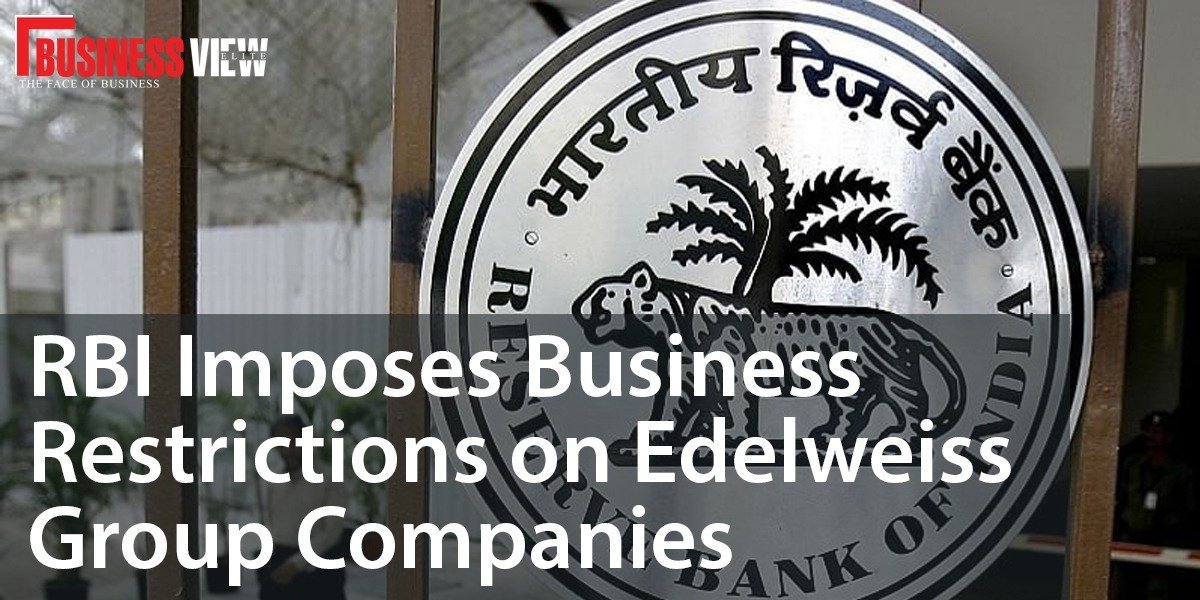Edelweiss Asset Reconstruction Company (EARCL) and ECL Finance Ltd (ECL) are facing charges slapped by the Reserve Bank of India (RBI). The report states that on Wednesday, 29 May 2024, the central bank of India imposed business restrictions on both Edelweiss group companies on material concerns. The decision to impose business restrictions on these companies came after the course of supervisory examinations. Simply put in words, the RBI put restrictions on both companies of the Edelweiss group over “evergreening” stress loans. Now, after hearing the word “Evergreening” loans, several have been curious to know what exactly it is and why these companies are facing charges. Before talking about charges imposed on two companies of the Edelweiss group, let’s learn about the Evergreening term.
What Are Evergreen Loans?
Evergreening loans is a practice of extending new or additional loans to a borrower who has failed to repay the existing loans, hence concealing the true status of the non-performing assets (NPAs) or bad loans. It is also known as a “standing” or “revolving” loan. The borrowers make payments on the loan balance, based on the terms of the loan.
RBI Imposed Business Restrictions On Edelweiss Group
As mentioned above, the decision of the RBI to impose business restrictions on two companies of Edelweiss group, including the asset reconstruction company of EG came after supervisory examinations in which the central bank has found that both of the companies are involved in numerous malpractices. As mentioned above, the decision of the RBI to impose business restrictions on two companies of Edelweiss group, including the asset reconstruction company of EG came after supervisory examinations in which the central bank has found that both of the companies are involved in numerous malpractices.
The report states the Central Bank of India directed Edelweiss Asset Reconstruction Co. and ECL Finance Ltd to halt and stop from undertaking fresh activity and these orders need to come into effect without wasting time. The RBI made a statement regarding the same on Wednesday in which they said that the two companies had acted in concert “by entering into a series of structured transactions for evergreening stressed exposures of ECL, using the platform of EARCL and connected AIFs (alternative investment funds), thereby circumventing applicable regulations.”
The Central Bank of India also mentioned in the given statement that during the supervisory examination, it also came to know about the incorrect valuations of security receipts in both EARCL and ECL. RBI said that ECL had provided false information about its acceptable book debts. The non-bank lender had also failed to disclose to the regulator’s credit registry system and had broken its loan-to-value guidelines for lending against shares. The RBI also cited non-adherence to KYC rules.
RBI states, “ECL, by taking over loans from non-lender entities of the group for ultimate sale to the group ARC, allowed itself to be used as a conduit to circumvent regulations which permit ARCs to acquire financial assets only from banks and Financial Institutions.”
RBI said that EARCL had shared confidential client information with group entities and that it had not brought the regulator’s supervisory letter for 2021–22 before its board. The regulator said, “Instead of taking meaningful remedial action to rectify the said deficiencies, it was observed that the group entities were resorting to new ways to circumvent regulations.”


